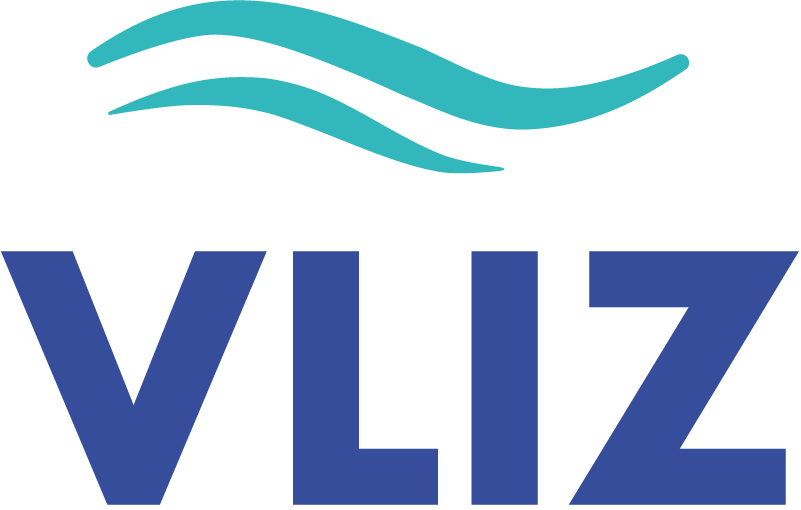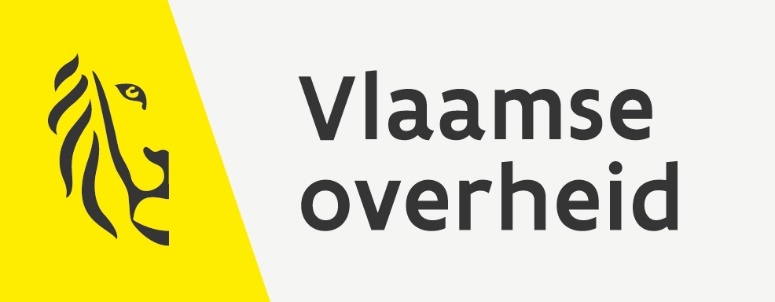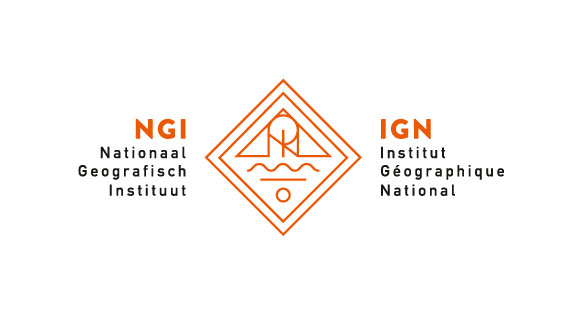Partners
The following Belgian agencies are delivering data and/or services to EPOS:

Royal Observatory of Belgium (ROB)
The ROB (French: Observatoire royal de Belgique, Dutch: Koninklijke Sterrenwacht van België) is one of the ten Belgian Federal Scientific Institutions (FSI). The ROB’s mission concerns the study of the planet Earth and other, near and distant objects in space.
Its main research activities concern: (1) Reference systems and planetology, which incorporates the GNSS research team, (2) Gravimetry and Seismology, which incorporates the seismological research team, (3) Astrometry and astrophysics, (3) Solar physics and space weather. The Royal Observatory of Belgium also runs the Planetarium on the Heysel.
More information: https://www.astro.oma.be/en/ and https://planetarium.be/en.

Royal Meteorological Institute (RMI)
The RMI (French: Institut royal Météorologique, Dutch: Koninklijk Meteorologisch Instituut) is one of the ten Belgian Federal Scientific Institutions (FSI). The RMI’s main focus lies with providing meteorological services (e.g. providing general weather forecasts, broadcasting warnings for dangerous weather conditions, gathering of meteorological and geophysical data, etc.) and performing research on weather and climate.
Its main scientific services consist of: (1) providing meteorological observations, (2) delivering weather forecasts, (3) meteorological and climatological research and services and (4) measurements and research of the geomagnetic field and ionosphere, performed at the Geophysical Centre in Dourbes.
More information: https://www.meteo.be/en.

Flanders Marine Institute (VLIZ)
The Flanders Marine Institute (Dutch: Vlaams Instituut voor de Zee) is an autonomous research institute with the legal personality of a non-profit organization, receiving an annual grant from the Flemish region. The VLIZ is a focal point for marine and coastal-related research, which are performed in cooperation with Flemish research groups and administrations and are integrated in national and international networks.
Major scientific activities are the management of the Flanders Marine Data and Information Centre (VMDC), the Infodesk, the Sea Library and the research vessel 'Simon Stevin' used for oceanographic research. Research areas include the ocean and seas, coasts and tidal systems as well as all areas where Flemish marine scientists are or were active.
More information: https://www.vliz.be/en.

Flemish Government
Two agencies of the Flemish government are directly involved as data providers to EPOS:
DV focuses on the digital transformation of all Flemish governmental tasks and related projects. One of these digital transformation solutions involved FLEPOS (Flemish Positioning Service) that gathers accurate satellite position data from the Flemish GNSS Network (46 GNSS Stations) for accurate location definition and other professional applications in Flanders. The daily GNSS data of the FLEPOS stations are integrated into the national EPOS-GNSS data node (hosted by ROB).
2. Agency Maritime Services and Coast (MDK) (Dutch: Agentschap Maritieme Dienstverlening)
MDK is concerned with the Flemish coastal area and the access to Flemish ports. Some of the main tasks consist of ensuring safe and efficient shipping in Flanders and Zeeland, coastal defense against flooding and storm surges, research into the effects of climate change and the rising sea level, hydrographic measurements and organizing water-bound passenger transport.
MDK provides data from its sea-level monitoring stations to the ‘Global IOC Sealevel Station Monitoring Facility’, a service provided by VLIZ to EPOS.
More information: https://www.agentschapmdk.be/en.

Département de la Géomatique du Secrétariat General
Département de la Géomatique (DGM) of the Secrétariat General that is a crosscutting
entity of the Walloon Public Service (SPW). DGM manages the WALCORS (Wallonia Continuously
Operating Reference System) permanently tracking GNSS network that stretches the Walloon
region. The daily data of the 23 WALCORS GNSS stations are integrated into the national
EPOS-GNSS data node (hosted by ROB).
More information: https://gnss.wallonie.be/walcors.html.

National Geographic Institute (NGI)
The National Geographic Institute (NGI) (French: Institut géographique national, Dutch: National Geografisch Instituut) is the Belgian national Geospatial Information Management agency.
It is responsible for the production, integration and exchange of geospatial information in Belgium, making available geospatial data of reference in various analog and digital forms
that are useful to administrations, the private sector and citizens. These data include topographic maps, maintain the geodetic and levelling network and determining the Belgian
projection system and embedding it in an international context.
The National Geopgraphic Institute (NGI) established in 2003 an RTK GPS reference station in the Brussels region to serve as the main station for the GPSBRU service. The station is
located in Ukkel on the premises of the Royal Observatory of Belgium. An additional 16 stations of FLEPOS and WALCORS are used to determine the public RTK-correction signal.
The data of the station of Ukkel is used by FLEPOS and WALCORS to strengthen their RTK-network in the Brussels region. The GPSBru data are sent in real time to NGI from where the
data are distributed in real-time to the users by cellular phone. In addition, RINEX data with a 10-second sampling interval are offered for post-processing applications. The daily
GNSS data of the Ukkel station are integrated into the national EPOS-GNSS data node, hosted by the ROB.
More information: https://www.ngi.be/website/

Centre Spatial de Liège
The Centre Spatial de Liège is a Research Centre of the University of Liege, initially dedicated to design, development and calibration of space instruments and technology partnerships.
Its Signal Processing Laboratory has developed a recognized expertise in the field of remote sensing data processing, especially in the radar domain. The algorithms implemented allow to exploit satellite data for developing various types of applications, including ground monitoring and change detection. In that context, CSL has settled 2 GNSS receivers near the Be-NL-Ge border and agreed to share their data with EPOS through the national EPOS-GNSS data node, hosted by the ROB.
Its Signal Processing Laboratory has developed a recognized expertise in the field of remote sensing data processing, especially in the radar domain. The algorithms implemented allow to exploit satellite data for developing various types of applications, including ground monitoring and change detection. In that context, CSL has settled 2 GNSS receivers near the Be-NL-Ge border and agreed to share their data with EPOS through the national EPOS-GNSS data node, hosted by the ROB.
More information: https://www.csl.uliege.be/cms/c_10329127/en/csl-signal-processing-lab

Royal Belgian Institute of Natural Sciences - Geological Survey of Belgium
Created in 1896, and part of the Royal Belgian Institute of Natural Sciences (RBINS) since 2002, the Geological Survey of Belgium (GSB)
is a research-based Belgian knowledge Centre on Geosciences, providing impartial and independent geoscientific expertise. Its services
are oriented towards local, regional, federal, European and international authorities, as well as researchers of institutions/universities
and research groups, private companies, NGO’s and citizens.
The data of GSB's GNSS station in Doel are integrated into the national EPOS-GNSS data node (hosted by ROB) and hence shared with EPOS.
More information: https://gsb.naturalsciences.be/
